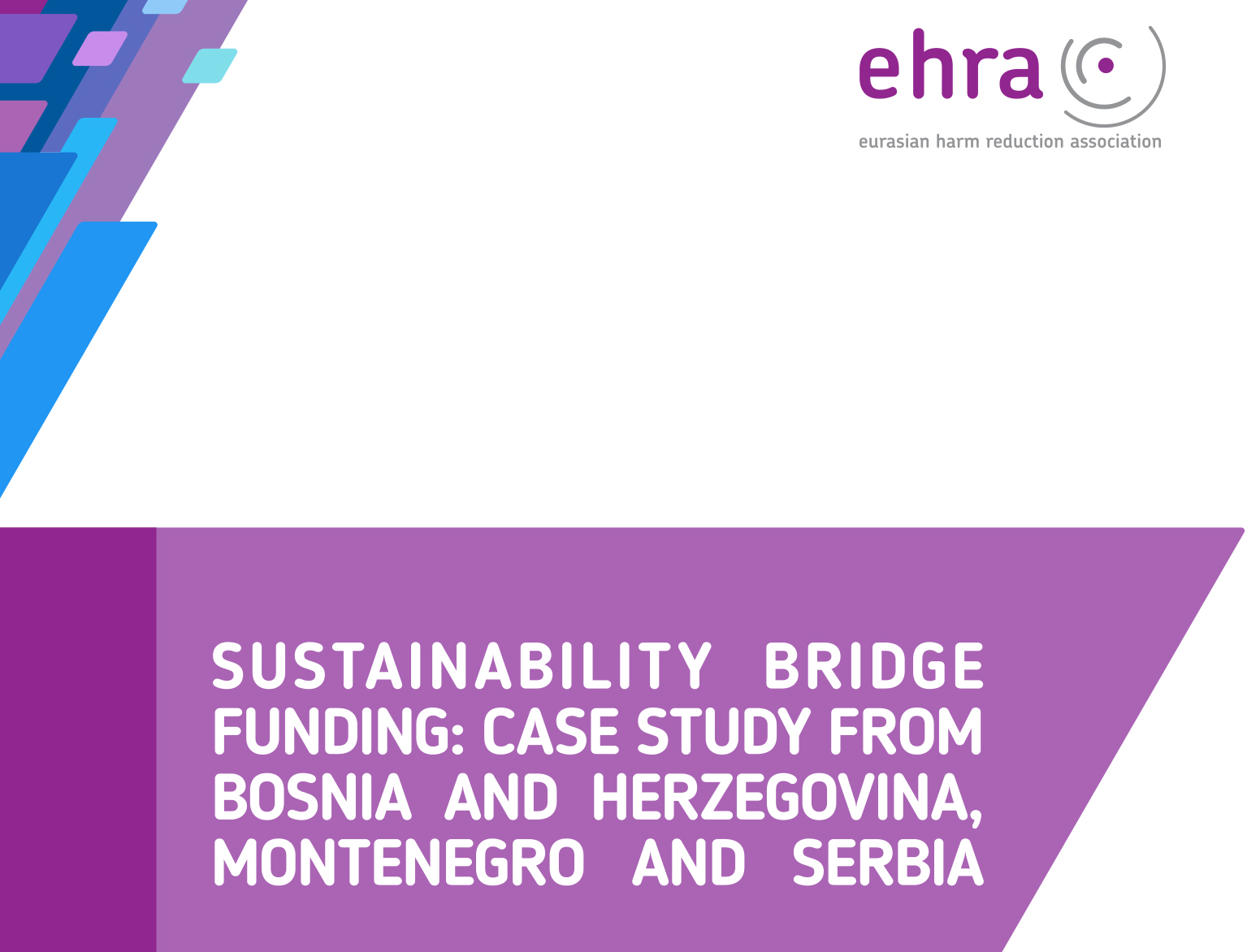Eurasian Harm Reduction Association (EHRA) just published the case study “The Challenges of Global Fund Transition in Albania: HIV Prevention Services for Key Populations on the Brink of Collapse” which looks at the challenges which could be faced by country in sustaining HIV prevention programmes among KAPs, implemented primarily by civil society organisations (CSO’s), as a result of the withdrawal of the Global Fund through the transition period.
The purpose of this report is to identify gaps and challenges faced by CSO’s in the transition from Global Fund assistance to government support of services for key populations (KP) under the 2017-2019 grant. Whilst the funding commitment by government institutions is to absorb all costs, the methodology to prepare for this transition, and also the strategy to transfer costs, is unclear.
We hope that the information and arguments presented in this case study as well as the recommendations could be used by the civil society and communities representatives to support their sustainability and transition related advocacy activities as well as to establish the communication with other potential donors to persuade them to establish a ‘safety net‘ through which bridging funds can be made available to address the sustainability related challenges faced by KPs services in country.

This case study is available at EHRA’s webpage following this link>>>


